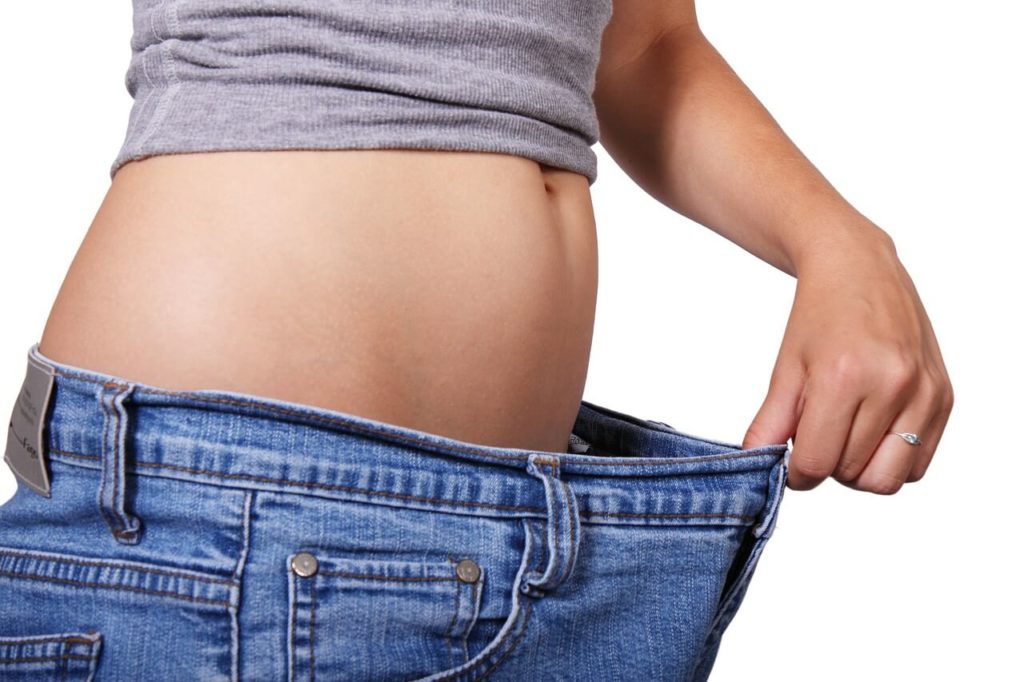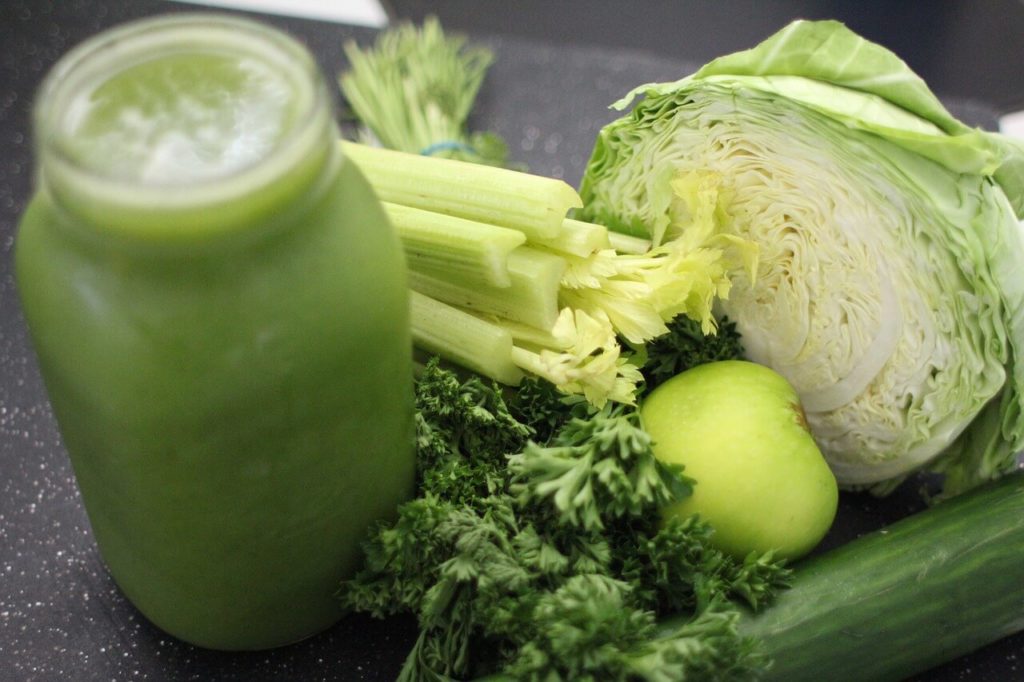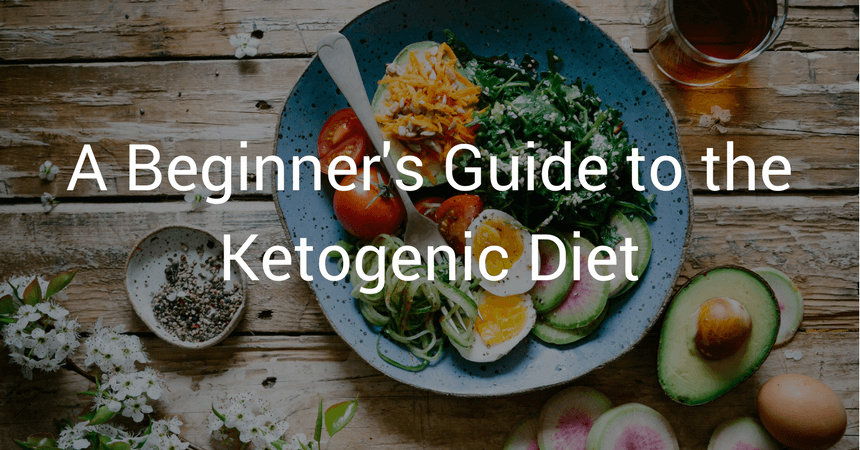Table of Contents
We’re here to help you discover what ‘going keto’ means, and how to get the most out of this low-carb and high-fat plan.
Getting started with ketogenic diets can seem intimidating.
For many, it’s not just about the drastic change in their eating habits, but working out first what terms like ‘ketosis’ and ‘exogenous ketones’ mean.
Fortunately, you can still go keto without knowing everything; you just need a good foundation of knowledge to make informed decisions.
Don’t overthink, though! You’ll learn with time, just get started.
What is a Ketogenic Diet?
The keto diet was a successful treatment for childhood epilepsy in the early 1920s, with patients on the diet experiencing around 30-40% fewer seizures.
The main components of a ketogenic diet include high fat (comprising approximately 80% of daily calories), moderate protein (around 15% to 20%) and low carbohydrate intake (below 5%).
What is Ketosis?
The most crucial factor of a ketogenic diet is fostering a healthy natural process called ketosis.
Usually, our bodies use glucose for energy by breaking down carbohydrates. It is a simple process, and that is why our bodies prefer it for energy production.
However, once you reduce your daily carb intake either through intermittent fasting or a ketogenic diet, your body is forced to look for other energy sources to fill the void.
That alternative source of energy is usually fat, which is released from the cells and floods the liver.
Finally, the liver converts the fat to ketone bodies that then serve as the alternative energy source, thereby starting the state known as ketosis.
The benefit of using ketones as a fuel source is that they burn slowly and last longer as compared to glucose.
Burning fat for energy offers several benefits like stable insulin levels as well as making it harder to keep storing excess fat, thus encouraging weight loss.
Related: Keto is the New Black: How to Really Eat Healthily
Why Should you Bother with a Ketogenic Diet?
Going on any diet can be stressful, time-consuming and can quickly send you round the bend! However, Ann Wigmore once said that the food you consume could either be the most potent and safest type of medicine or a slow kind of poison.
Below, we list some of the top benefits of the ketogenic diet, although of course, we couldn’t get them all!
Weight Loss

By encouraging ketosis and using your body fat to fuel your body, a ketogenic diet has clear benefits for sustained weight loss.
Scientifically, this diet has also shown much better results as compared to other types of weight loss diets as it converts your body to an efficient fat burning beast.
Additionally, since keto foods have strong satiating capabilities, specifically the protein and fat content, you will experience fewer hunger pains, thus limiting the likelihood of unhealthy snacking.
Better Control of Blood Sugar
Ketones help in naturally lowering the levels of blood sugar due to the kinds of foods that you are now eating. Less sugar in your diet means less sugar in your bloodstream.
Whether you want to prevent or manage diabetes, you should consider making the switch to keto.
Enhanced Focus

Most of the people who use exogenous supplements to reach ketosis do so precisely to get the enhanced mental performance.
Studies show that ketones are excellent for the brain as they help in avoiding big blood sugar spikes and help improve concentration and focus.
Improved Energy
By providing your body with a more reliable and better energy source, the result is that you will feel much more energized throughout the day.
Not only are fats considered useful molecules to burn for fuel, they are also more satisfying, which means you will feel fuller for longer.
Eliminate Acne
One of the common side effects of switching to a keto diet is that your skin will start improving, especially if you have been experiencing some acne trouble.
Various studies have shown significant drops in skin inflammation and lesions when reducing carbohydrate intake.
Related: Nutrition and acne: therapeutic potential of ketogenic diets
Cholesterol Benefits
A healthy high-fat with low-carb nutrition promises improved levels of good HDL cholesterol and a reduction in harmful LDL concentration.
It not only reduces the chances for arterial buildup, which limits cardiovascular issues but also results in normalized blood pressure levels.
Food Recommendations

Here are some of the foods you should eat:
- Meat: Grass-fed beef and lamb, turkey, and bacon
- Fatty Fish: Trout and salmon
- Cheese: Look for unprocessed cheese
- Cream and butter: Buy grass-fed or organic whenever possible
- Seeds and raw nuts: Walnuts, almonds, chia seeds, cashews, etc.
- Avocados: Fresh guacamole or whole avocados
- Healthy oils: Mainly coconut oil, avocado oil and olive oil
- Low-carbohydrate vegetables: Most leafy green vegetables, peppers, etc.
These should make up the majority of your new diet.
Related: Where to Find the Best Quality Grassfed Butter in Australia
Here are foods that must be eliminated or reduced on a keto diet:
- Grains: Wheat-based foods like pasta, rice cereal, etc.
- Most fruits: Except small servings of berries, such as strawberries
- Beans: Kidney beans, chickpeas, lentils, peas, etc.
- Unhealthy fat: Reduce your consumption of vegetable oils
- Certain sauces or condiments: These are usually highly processed with lots of unhealthy fat and sugar.
- Alcohol: Limit your alcohol intake since the high carb content in most alcoholic drinks can remove you from the ketosis state
Avoid all carbohydrate-based foods such as grains, legumes, rice, sugars, potatoes, juice, candy and also most fruits.
Are There Side Effects?
Even though keto foods are safe for most healthy people, there are a few initial side effects while you are adapting to the new routine.
This phenomenon is called a “keto flu,” which includes symptoms like fatigue, headache, light nausea, and irritability.
The keto flu should subside within a week as you continue burning fat and you increase your adaptability. You can drink more water and increase your salt consumption during this initial period.
To minimize other side effects of increased hunger, reduced exercise performance and digestive discomfort you should slowly ease into this diet and consider taking some mineral supplements.
For example, taking exogenous supplements will help raise your ketone levels and also give you a host of other benefits.
Related: Five Ways Exogenous Ketones Benefit You
Who is it for?
The keto diet is highly beneficial, but that does not necessarily mean it is ideal for everyone.
It can be useful for diabetic and overweight people as well as those who want better metabolic health.
However, this diet might not be very suitable for athletes or those who want to add significant amounts of weight or muscle.
Similarly, the following groups of people should avoid the keto diet: pregnant or breastfeeding women, healthy children, and people with various problems like eating disorders, kidney issues, and pancreatic issues.
Go Keto!
Given how restrictive and challenging the keto diet is, try and ease into it slowly.
Also, consider supplementing with exogenous ketones as a way of achieving ketosis.
Just like any diet or exercise routine, a ketogenic diet will only give you all the benefits mentioned above if you consistently stick to the plan over a long-term period.
These are the tips which will set you up for a truly effective and enjoyable keto lifestyle!
Want to learn more about healthy fats like coconut oil and MCT oil? Learn more right here!


Free Shipping
On orders over $149$14 Flat Rate Shipped fast and Australia-wide